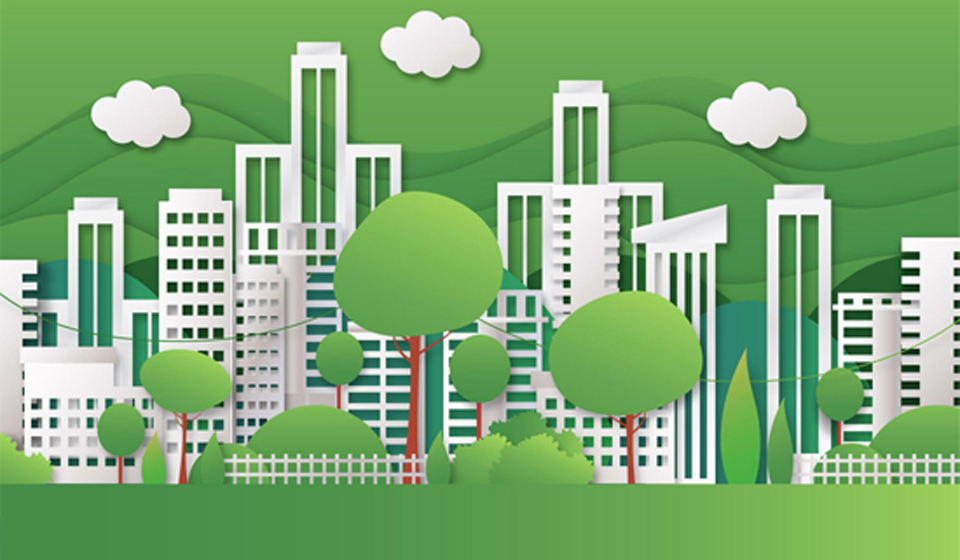
In our previous blog, Building a Greener Future: The Advantages of Green Building we discussed the benefits of green building to developers, consumers, and the environment. In this blog, we will focus on a specific aspect of green building that is gaining momentum in India: LEED Zero certification.
LEED Zero is a new program by the U.S. Green Building Council (USGBC) that recognizes the highest level of performance for buildings and spaces that achieve net zero impact in carbon, energy, water, or waste.
India has positioned itself as the global leader in LEED Zero-Certified Green Building Projects, surpassing both the United States and China.
Introduction:
In a monumental stride towards sustainable development in June 2023, India has positioned itself as the global leader in LEED Zero certified green building projects. Surpassing both the United States and China, India’s commitment to environmentally conscious construction is evident in its impressive tally of 73 LEED Zero certified projects, representing 45% of the global total. This noteworthy achievement is spearheaded by frontrunner states like Haryana and Tamil Nadu, setting a new standard for sustainable practices.
Diverse Applications Across Sectors:
The impact of LEED Zero certifications extends across diverse sectors, underlining the adaptability and scalability of sustainable building practices. From office spaces and hospitality facilities to retail malls, industrial manufacturing, and data centres, India’s LEED Zero projects are transforming the landscape of various industries, proving that sustainability knows no bounds.
LEED Zero Categories:
- LEED Zero Carbon: Recognizing buildings with net zero carbon emissions.
- LEED Zero Energy: Acknowledging buildings achieving zero source energy use.
- LEED Zero Water Certification: Recognizing buildings with zero potable water use.
- LEED Zero Waste Certification: Acknowledging buildings achieving TRUE Zero Waste certification at the Platinum level.
Government Initiatives Propelling India’s Green Building Revolution
The Indian government has also played a significant role in promoting green building practices in the country. The Indian government has taken several initiatives-
- The National Mission on Sustainable Habitat, which aims to promote sustainable and green habitats in the country.
- Energy Conservation Building Code, which provides guidelines for energy-efficient building design and construction.
- Tax incentives for green buildings and made it mandatory for all new government buildings to be green buildings.
These initiatives have helped to create a conducive environment for the growth of green building practices in the country.
To further advance your knowledge and expertise in green building practices, you can explore courses such as the Sustainability and Green Building Course offered by the Real Estate Management Institute(REMI). REMI provides the best real estate courses in India.
Sustainable Future:
India’s leadership in LEED Zero projects signifies not just the construction of structures but a commitment to a greener and more sustainable future The success of LEED Zero certifications in India underscores the pivotal role of the built environment in shaping a healthier planet for generations to come. This marks the beginning of a green building revolution where sustainability takes centre stage in the realm of construction.


Leave A Reply